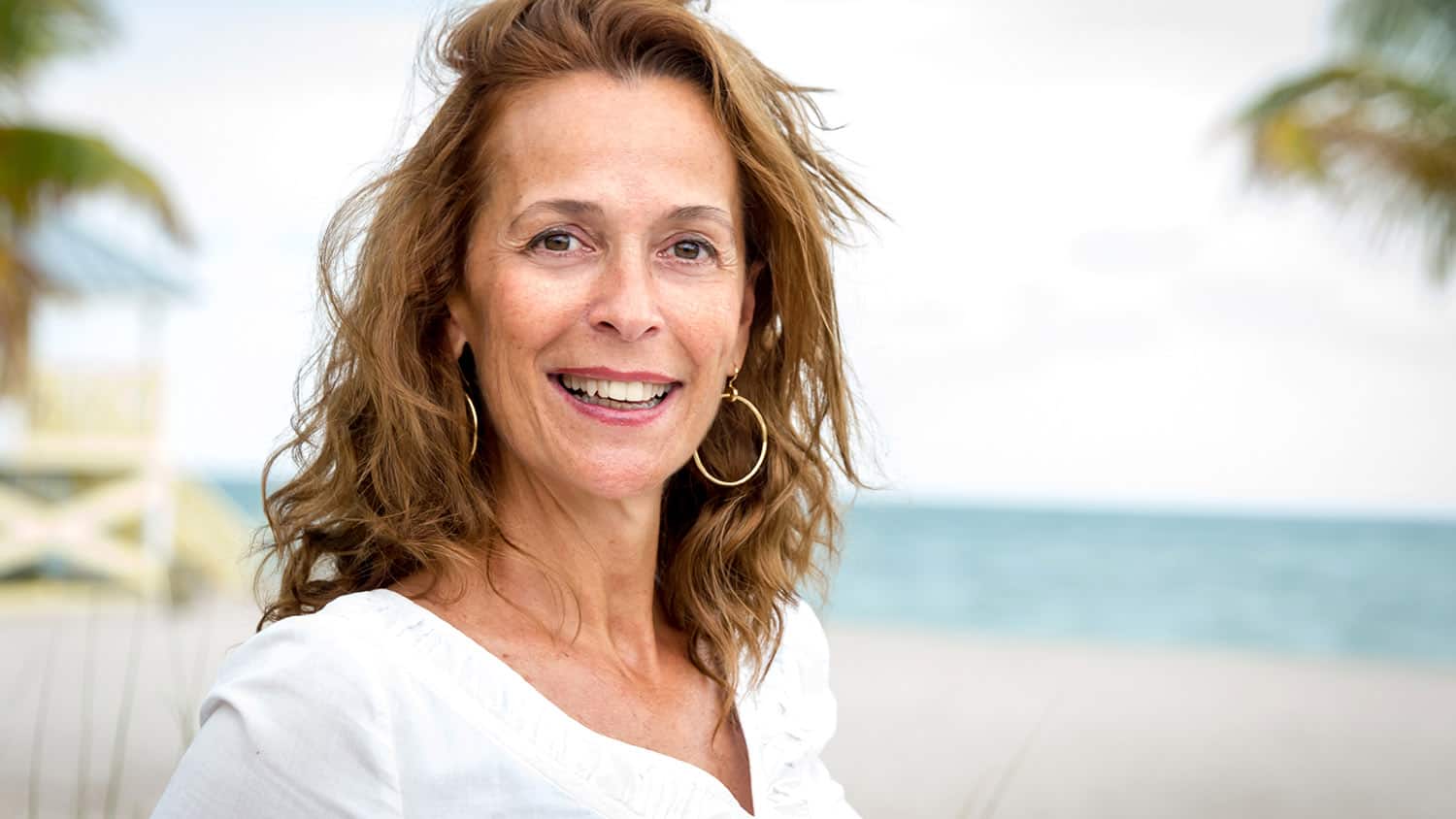
Writing and the Creative Process: Enhancing Creativity After 60, Part 2
In Part One of this blog series, I described three ways in which people over 60 can enhance the creative process. I also referenced my passion for writing.
When I talk about the launch for my book, An Accidental Cuban, friends and acquaintances respond with a smile and positive reinforcement. And then they tell me how much they want to write their story.
They also ask how I got the idea to write about a Cuban national who desperately wants to leave the island, and how the story turned into a crime thriller.
The Writing Journey
I spent a little over two weeks in Cuba several years ago. My third night on the island, in the city of Cienfuegos, I met a young man who, over the evening, told me his story. I knew I had a book in the making.
Over the course of my stay, I learned about Cuban history and music, and collected stories from ordinary locals. And then, I heard about the Cuban underground and took the story in a different direction.
Keeping your eyes and ears open to stories is a key element to sparking your imagination and leading to asking, “What if?”
While traveling through Cuba, I read several books on writing: Stephen King’s On Writing, and Anne Lamott’s Bird by Bird. The fact that I found a story to write while reading about the art of it was serendipitous.
I was stimulated by my Cuban journey. I inhaled the vibe of all the cities I visited on the island, memorized every street and restaurant in Havana and Santiago de Cuba, asked a million questions of all my Airbnb landlords, listened to hours of music, and passionately knew I was on a writing adventure.
As I immersed myself in Cuban culture and environment, the story began to write itself.
However, until that time I had only written non-fiction material, and the process is quite different from writing fiction. Fiction primarily comes from your imagination or is launched by a story.
When I returned from Cuba, I spent two years taking writing classes, and going to writing conferences. I also read an important and informative book by Michael Noll, titled, The Writer’s Field Guide to the Craft of Fiction.
As suggested by the author and many writing coaches, I wrote every day, sometimes for four to six hours at a time and more often than not, tried my family’s patience.
The Editing Process
No matter what kind of book you write, every work needs editing. A writer must be open to good and bad criticism because writing a book is a long and often difficult journey, full of delights and tears and overwhelming satisfaction – but it often creates a myopic vision.
My writing journey consumed me for almost two and a half years. I spent weeks waiting for editors to return my manuscript and months following their instructions.
I even had an agent interested in the book for over eight months and her crew gave me editorial notes. In time, I found that An Accidental Cuban had run its course, and I self-published with Ingram Spark.
Ways to Publish
Questions abound about the various ways to publish or how to submit to an agent. Going to a Writers’ conference is a great way to begin a writing journey.
I’ve attended Austin’s Writers’ League of Texas conference, and it was a tremendous kick-off for strategizing a plan to publish and market my book.
At conferences, you have the ability to attend classes and learn to pitch to agents, and alternatively, you can learn about the self-publishing route with either Amazon’s CreateSpace or Ingram Spark. In the end, every book ends on Amazon.
Writing Memoir
The first writing experience for most people is to explore writing a memoir. I decided to write my memoir, Sixty, Sex & Tango: Confessions of a Beatnik Boomer, when I was 64 because I was in a reflective state. It was more fun than I could have imagined.
The most interesting memoirs are not just autobiographies. Instead, they pivot on a subject that mystifies and often confounds the writer. A memoir is more like a novel than an autobiography.
You begin to mine your life for material and work through a series of general topics designed to turn messy fragments of your interior life into powerful prose coupled with a strong narrative.
Memoir deals with events related to a specific theme: recovering from an eating disorder, dealing with an abusive spouse, or what it’s like to live with a chronic illness.
The genre might cover a long period of time within which you prioritize many details and write vivid scenes that are the most salient moments in your life.
Meaning in Your Life
Memoir can be therapeutic. It tries to make sense out of your existence, to find meaning in the world, and, therein, lies its value and opportunity.
At the same time, memoir is about handing over your life to someone and saying, “This is me, take it or leave it” – honestly sharing what you think, feel, and have gone through.
You write to find out what you think. By threading related experiences together, you see a pattern in the quilt of your existence, a legacy that you can’t quantify.
You can write about your childhood (Frank McCourt) or places you visited (Elizabeth Gilbert); crime or injustice you encountered, like Mary-Ann Tirone Smith in Girls of a Tender Age; and Joan Didion’s Year of Magical Thinking is as coping mechanism.
Didion’s memoir is written almost entirely in fragments – memories that you no longer want to remember. It is a lesson in how to function or otherwise couldn’t get through living.
The challenge in writing any book – be it fiction or memoir – is getting started and coaxing the story out. Some say that when you begin, the memoir is half done. Some say when you get an idea for a story, the story has begun.
No matter the genre, the creative process of writing is exciting and energetic, and a learning experience that brings joy to your life.
What kind of writer do you think you are? Have you ever contemplated writing fiction or memoir? What are some suggestions to get started? Please share in the comments below.
Tags Creativity






